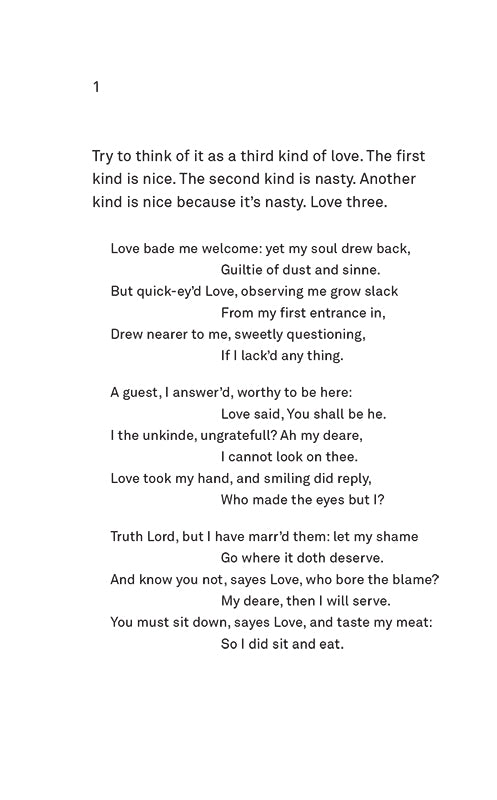

He asks to feel the victory of the resurrection and join God (16-18). As in the first stanza, half-way through, the speaker begins to address God directly. The speaker’s life became increasingly diminished and his health began to suffer (14-15). This was a punishment given by God, just like the punishment given to Adam and Eve (13). Even at a young age, he suffered (11-12). The second stanza tells a similar story from the perspective of the individual speaker. If they can succeed in this, then even the “Fall,” the expulsion from Paradise due to sin, will have been worth it because it allowed believers to rise with Christ (10)

The speaker then calls for humanity to join Christ and celebrate the “victory” of resurrection over death (9). As an Easter poem, the image of birds and wings symbolizes Christ’s resurrection.

Then the speaker addresses God directly and asks to rise up to the sky like a lark (6-8). Their situation became worse and worse (2-5). However, humans lost this initial Paradise due to sin. The speaker begins by stating that God created human beings to enjoy peace and abundance (line 1).


 0 kommentar(er)
0 kommentar(er)
